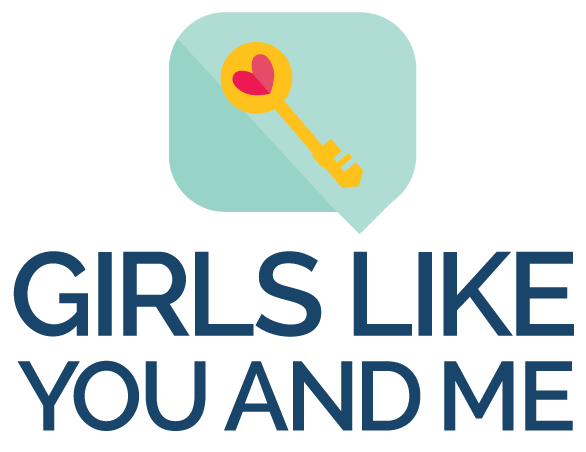Wendy McClure: Find out more about...
Wendy's Work
Wendy doesn’t just write books. She blogs, and had a column for Bust magazine for over ten years. She also contributes to other publications like New York Magazine.
Little House on the Prairie
Did you know that before the Little House books, Laura Ingalls Wilder first wrote a memoir called Pioneer Girl? It served as the basis for the beloved series, but wasn't published until 2014, when an annotated version came out. Wendy talked to NPR about the book in 2015.
You can also visit Laura Ingalls Wilder sites in Wisconsin, Minnesota, Missouri, and South Dakota. Learn more about the family, the books, the 1970s TV show, and more.
The Orphan Trains
Orphan Trains were the inspiration for the Wanderville series. From the mid-nineteenth century through the 1920s, orphans and homeless and abandoned children in Eastern cities were sent West and placed in foster homes. There's lots of research on the orphan trains and even a museum in Kansas. You can read stories of some of the children who went west on the orphan trains, and read more books - fiction and non-fiction - about the orphan trains.
Family History
Wendy was inspired her own family when she was writing Wanderville:
"There were actually lots of reasons I decided to have it set in 1904. I’m also doing a lot of family history research right now, and I have a lot of interesting stuff, like photos and things from right around that period, so I felt really kind of close with that historical period. I wound up naming lots of things after people in my family, so like Ruth, for sure. Ruth is a family name, and I think at one point when Francis, she lies and says her name is Amaryllis, and that’s my great-great grandmother."
Want to get started researching your own family history?
The business of getting a book published
Wendy told us a little bit more about some of the business decisions that are part of publishing. As both an editor and writer, she works with literary agents and she explained what role they play in publishing:
"A literary agent is a person who will act on behalf of an author in selling their work to a publisher, so they have all kinds of contacts with people in the publishing world. They will send your manuscript to the publishing houses that they feel would be the right fit. They’re sort of matchmakers. They will also negotiate the contract and will try to get you the best deal, and then they will also do things like sell different kinds of rights for your book.
They might go to Hollywood or have a colleague of theirs go to Hollywood and shop your story around to different agents, or they will go to an International rights fair in, like, Bologna, Italy, that’s for children’s and YA, or London or Frankfurt where they meet with all kinds of foreign publishers. If you’re an agent at Frankfurt, you might have a meeting with a Dutch publisher trying to sell Dutch rights to this book you have.
As an editor, I get lots and lots of emails from different agents and new ones are calling me all the time and introducing themselves, and sometimes, I will hunt out agents and say, 'hey, I’ve seen that you’ve sold some cool stuff, so let’s talk,' or there are a couple of websites that track book deals, and so you find out so-and-so from this publisher just bought this book from this agent."
Wendy also explained that while good writing is critical, it's not the only thing that makes an editor take on a book.
"When I started working for this children’s book company, suddenly, there was a new, different way to look at work. You could just look at it in terms of 'this is good.' This is a really good story, but it’s not something that a lot of people are going to like. It’s not going to sell well, so therefore we can’t publish it. It doesn’t mean it’s not good, it just means that we can’t market it. Or this is good, but it’s a little dated and people aren’t buying books like this anymore. If you have to survive as a business, you have to make decisions like that."
Read our interview with Wendy and check out her reading picks.


